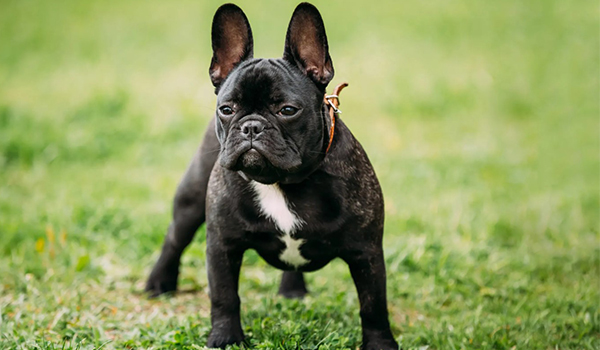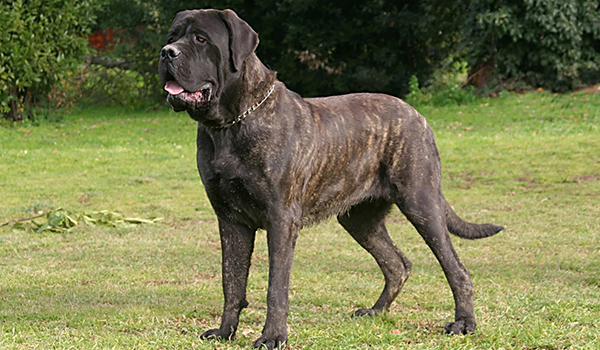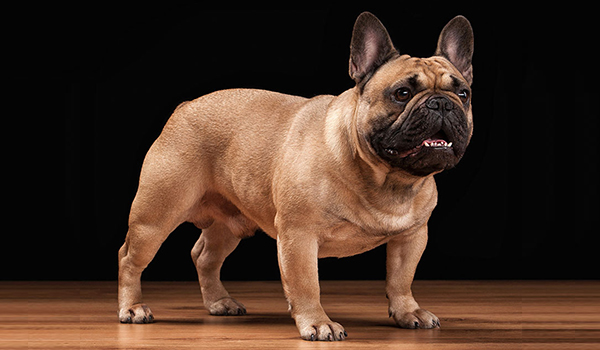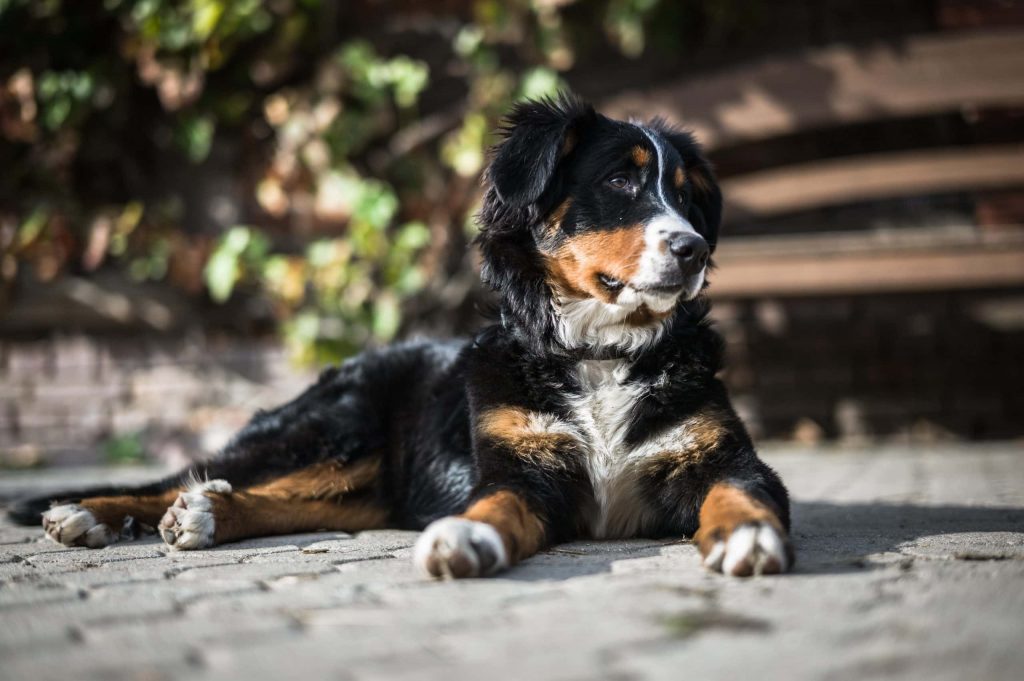
The Bernese Mountain Dog is a breed of striking beauty, gentle strength, and unwavering loyalty. With their majestic tri-color coat, gentle dark eyes, and calm, dignified demeanor, they are the epitome of a gentle giant. Bred for hard work in the Swiss Alps, they combine a powerful build with a sweet, affectionate heart, making them a beloved—yet heartbreakingly short-lived—family companion.
This comprehensive guide will explore the reality of life with a Bernese Mountain Dog to help you determine if you have the space, budget, and emotional preparedness to provide the home this magnificent but vulnerable breed requires.
Breed Overview
- Group: Working
- Height: 23 – 27.5 inches (at the shoulder)
- Weight: 70 – 115 pounds (females are typically smaller)
- Life Span: 7 – 10 years
- Coat: A thick, moderately long, and slightly wavy or straight double coat. It is brilliantly tri-colored: jet black with rich rust and clear white markings.
A Brief History: The Swiss Farm Dog
The Bernese Mountain Dog (or “Berner”) originated in the canton of Bern, Switzerland. They were developed as an all-purpose farm dog for the Swiss farmers, serving as a draft dog to pull carts of milk and cheese, a drover to drive cattle, and a loyal guardian of the farm and family.
Their history is intertwined with the Roman mastiffs brought to Switzerland over 2,000 years ago, which were later crossed with local farm dogs. By the late 19th century, the breed was nearly extinct but was saved by Swiss fanciers who sought out the remaining dogs to preserve them. Their name in German, “Berner Sennenhund,” reflects their origin: “Berner” (from Bern), “Sennen” (alpine herdsman), and “hund” (dog).
The Bernese Mountain Dog Temperament: The Gentle Guardian
The Berner’s temperament is its most treasured quality. They are known for their calm, good-natured, and affectionate personality.
- Gentle & Calm: Berners are famously gentle, patient, and steady. They are typically excellent with children, possessing a tolerant and watchful nature.
- Affectionate & Loyal: They form deep, devoted bonds with their families and thrive on being included in all activities. They are often described as “velcro dogs” who want to be near their people.
- Good-Natured & Friendly: They are generally friendly with strangers and other animals, making them poor guard dogs in an aggressive sense, though their size is a natural deterrent.
- Intelligent & Willing to Please: They are intelligent and eager to please, making them trainable. However, they can have a stubborn streak and may mature slowly, retaining puppy-like behaviors for their first few years.
- Calm Indoors: Despite their size and working heritage, they are relatively low-energy indoors and are content to lie at your feet—as long as they are with you.
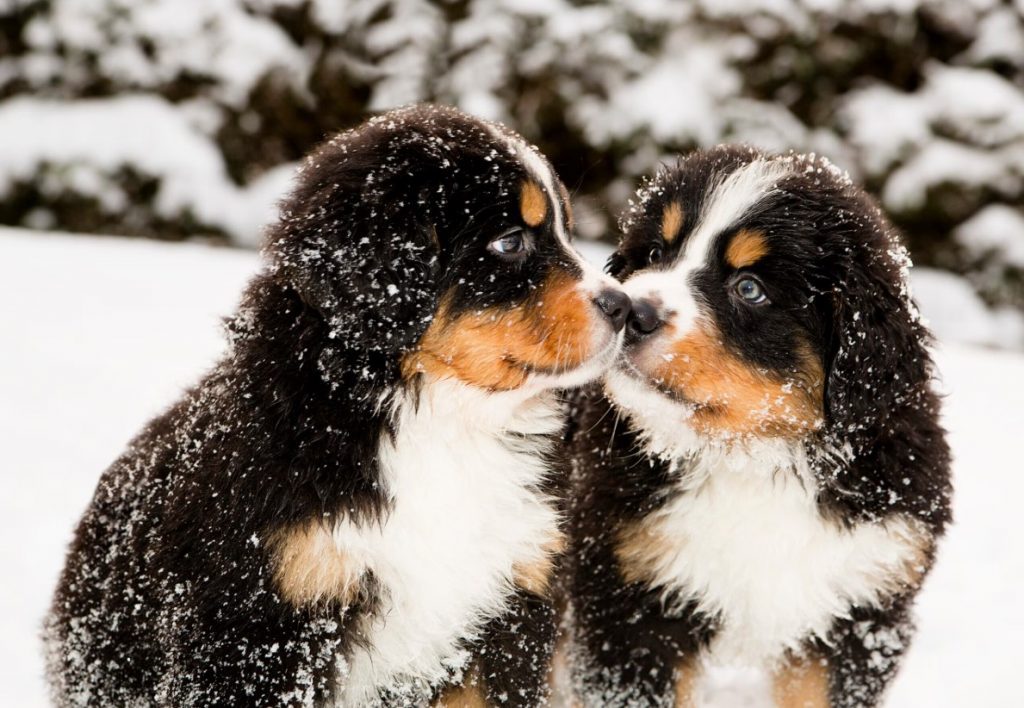
Caring for Your Bernese Mountain Dog
Exercise: Moderate but Important
Berners are not high-endurance athletes but require regular, moderate exercise to stay healthy and prevent obesity.
- Daily Requirements: 30-60 minutes of daily activity is sufficient. This should include leisurely walks and gentle play.
- Avoid Overexertion & Heat: Their heavy, black coat makes them highly susceptible to heatstroke. Exercise must be limited to the coolest parts of the day, and they must always have access to a cool, air-conditioned environment.
- Puppy Considerations: Exercise for puppies must be strictly controlled to protect their rapidly developing joints and bones. Avoid forced running on hard surfaces.
Grooming: A Significant Commitment
Their beautiful coat is designed for cold weather and requires regular maintenance.
- Brushing: Brush 2-3 times a week with an undercoat rake and a slicker brush to manage shedding and prevent mats. During their biannual “coat blow,” daily brushing is essential to control the immense amount of loose fur.
- Bathing: Bathing a Berner is a major undertaking and should be done as needed, often with professional help.
- Drool: Be prepared for some drool, especially after drinking.
- Other Needs: Regular nail trimming, ear cleaning, and checking the feathered fur on their legs and tail for debris.
Training: Building a Confident Companion
Training is essential for managing a dog of this size and for building their confidence.
- Start Early: Begin socialization and puppy training classes as soon as possible. A well-mannered puppy grows into a manageable adult.
- Focus on Manners: Essential skills include:
- Leash Manners: Teaching them not to pull is crucial.
- Not Jumping Up: A jumping Berner puppy is one thing; a jumping adult can knock over an adult.
- Use Positive Reinforcement: They are sensitive and can be slow to mature. Positive, reward-based training builds confidence and a strong bond. Harsh methods are ineffective.
- Channel Their Instincts: They often enjoy carting and drafting, activities that tap into their historical work.
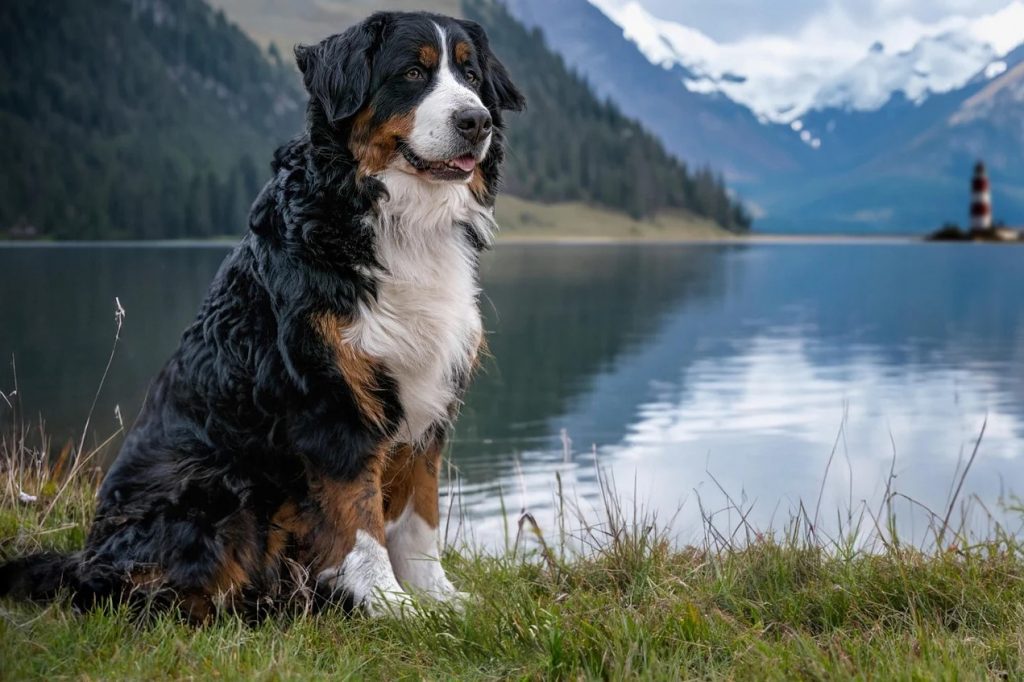
Health: What to Be Aware Of
This is the most critical section for a potential owner. The Bernese Mountain Dog has a tragically short lifespan due to a high prevalence of serious genetic conditions. Choosing a breeder who prioritizes health is the single most important decision you will make.
- Cancer: This is the leading cause of death in the breed. Berners have one of the highest rates of cancer among all dog breeds, including histiocytic sarcoma, mast cell tumors, and lymphoma. Reputable breeders track cancer in their lines for many generations.
- Hip and Elbow Dysplasia: Extremely common in the breed. These degenerative joint conditions cause arthritis, pain, and mobility issues. Reputable breeders provide OFA or PennHIP certifications.
- Bloat (Gastric Dilatation-Volvulus): A life-threatening emergency for deep-chested breeds. Preventative measures are non-negotiable.
- Other Conditions: Von Willebrand’s Disease (a bleeding disorder), and certain kidney and heart diseases.
Is a Bernese Mountain Dog Right For You?
A Bernese Mountain Dog might be your perfect match if you:
- Have a large, spacious home with easy outdoor access.
- Want a gentle, calm, and affectionate family dog.
- Live in a cool or cold climate or have a consistently air-conditioned home.
- Are prepared for the significant financial commitment and potential for high veterinary bills.
- Are emotionally prepared for a shorter lifespan and the heartbreak of serious illness.
You should absolutely reconsider if you:
- Live in a hot or humid climate.
- Are on a tight budget (food, medication, and vet bills are substantial).
- Want a long-lived breed (a 15-year lifespan is not a reality for this breed).
- Are unprepared for the emotional toll of the breed’s devastatingly high cancer rate.
- Cannot commit to the rigorous grooming routine.
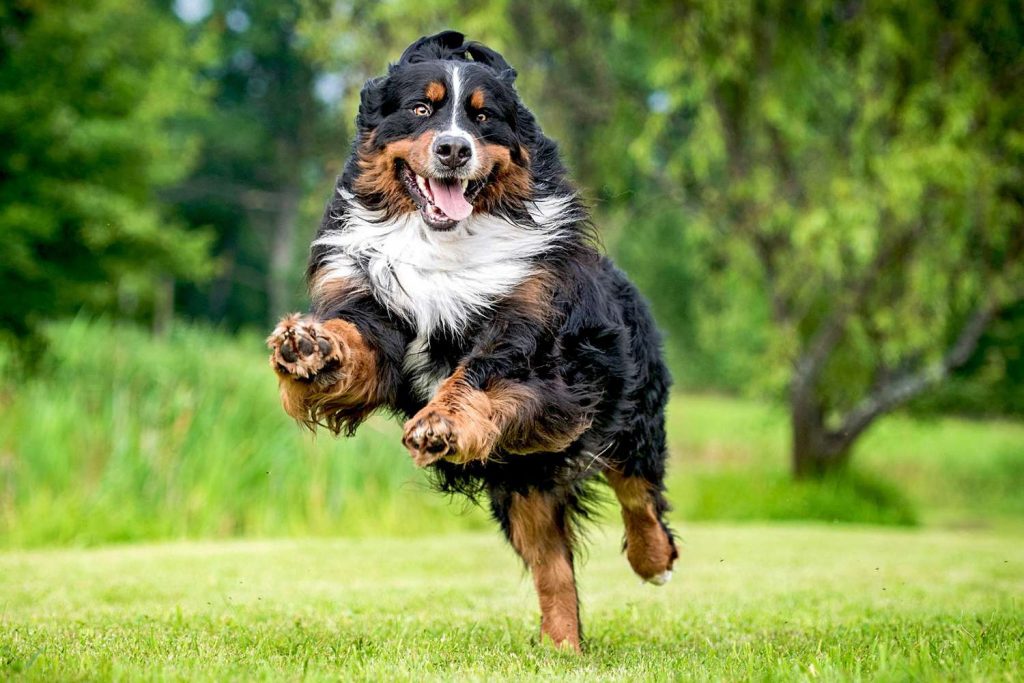
Finding Your Bernese Mountain Dog
- Reputable Breeders: This is paramount. A responsible breeder will:
- Health Test Extensively: Provide OFA/PennHIP certifications for hips and elbows, cardiac clearances, and DNA tests for Von Willebrand’s.
- Be Transparent About Cancer: They will openly discuss the prevalence of cancer in their lines and their breeding strategy to improve longevity.
- Focus on Temperament: Breed for the stable, gentle temperament the breed is known for.
- Rescue & Shelters: Bernese Mountain Dog-specific rescues are very active. Adoption can be a wonderful way to provide a loving home, but be prepared for potential health or behavioral issues.
Understanding the Cost: The initial purchase price from a reputable breeder in the U.S. is typically $2,000 to $4,000+ due to the extensive health testing. The lifetime cost of ownership must include budgeting for potential cancer treatment, joint surgeries, and other major health issues. Pet insurance is not just recommended; it is essential.
Bringing a Bernese Mountain Dog into your life is a commitment to a magnificent, loving, and vulnerable companion. In return for your dedicated care, you will gain a loyal friend whose gentle presence and unwavering devotion will leave an indelible mark on your heart, however short their time may be.

